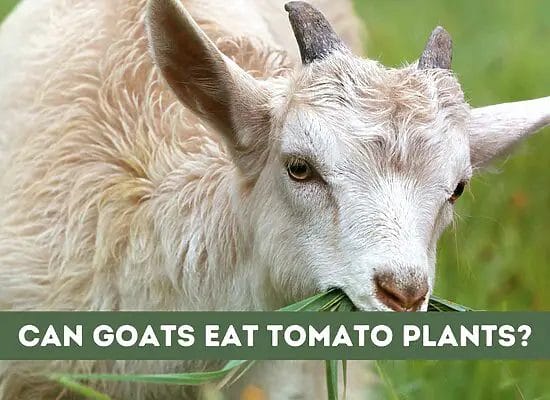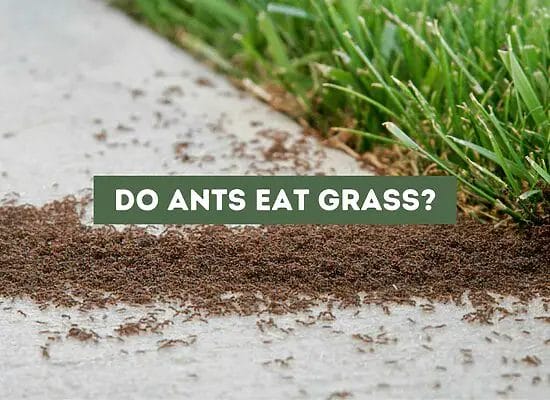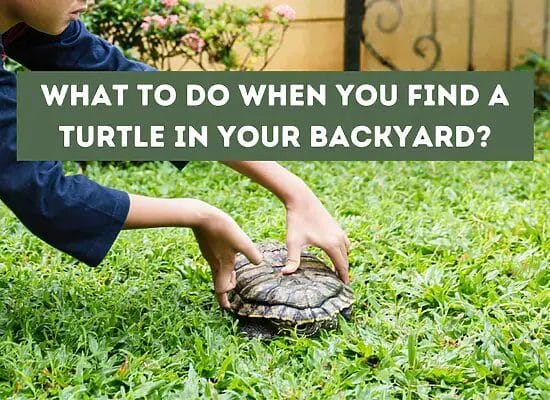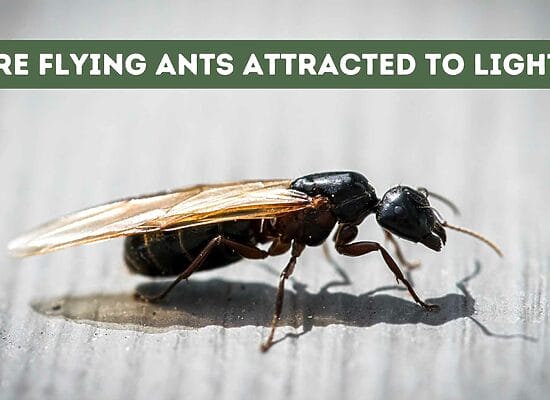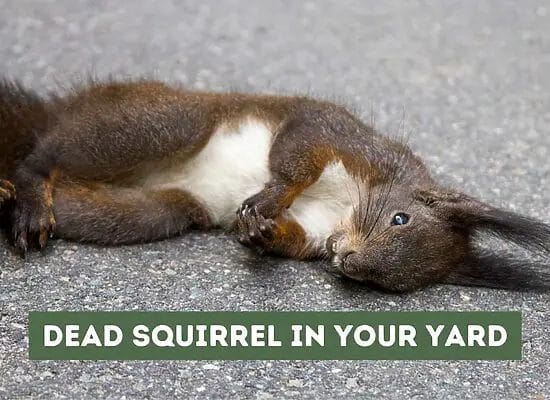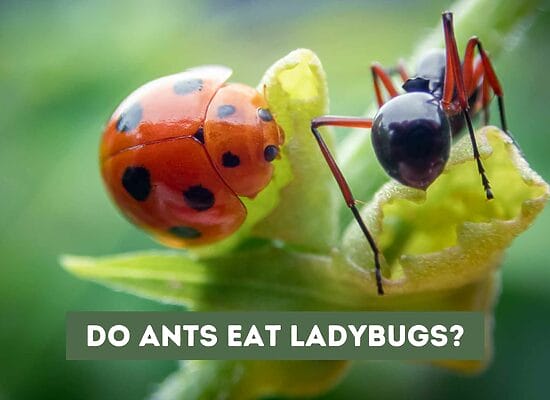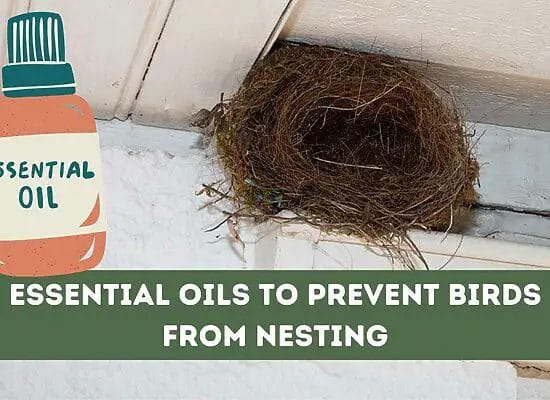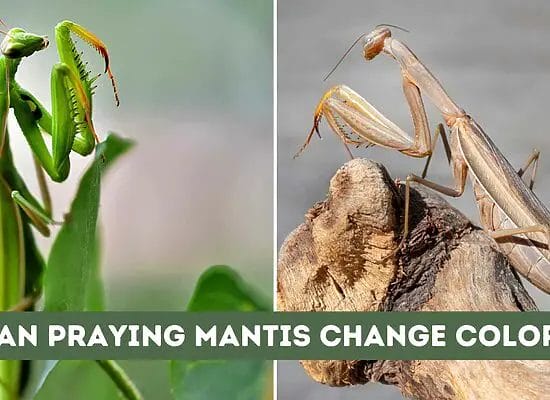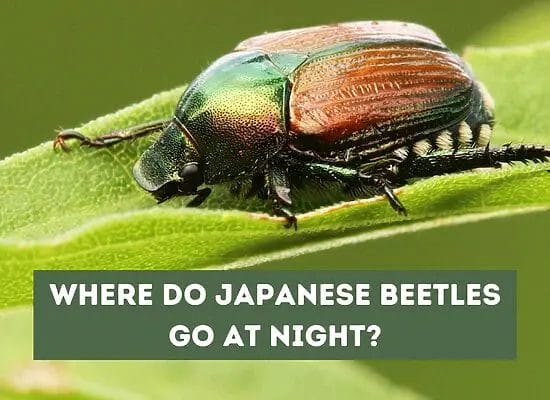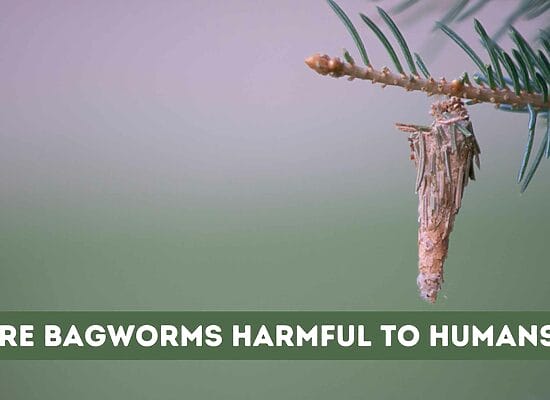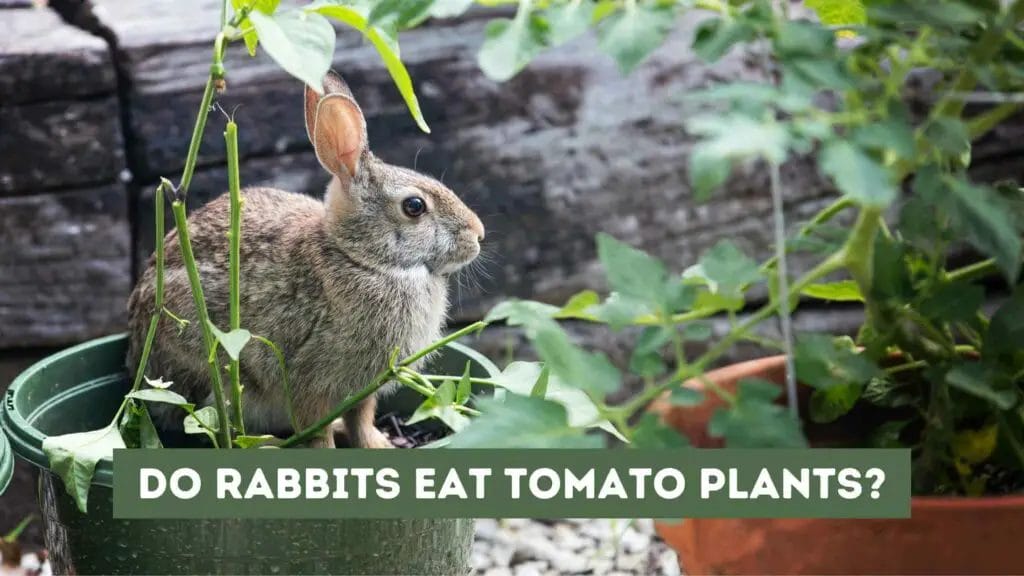
Do you love growing tomatoes but find that rabbits keep eating your plants? Rabbits can be a common pest for gardeners, and tomato plants are no exception. If you’re wondering whether rabbits eat tomato plants. Yes, rabbits do eat tomato plants, they can devour the leaves and fruit of your tomato plants, causing significant damage to your crop.
Rabbits tend to target young and tender tomato plants, which are most vulnerable to damage. They can easily cut down the entire vine, leaving you with no tomatoes to harvest. If you want to protect your precious tomato plants, you need to take action right away. There are several ways to keep rabbits out of your garden and away from your tomato plants, and we’ll explore them in this article.
Key takeaways:
- Rabbits Damage Tomato Plants: Rabbits are common pests that can cause significant damage to tomato plants by consuming both the leaves and fruit. Young and tender plants are particularly vulnerable to their feeding.
- Protection Measures Are Necessary: To safeguard tomato plants from rabbit damage, immediate action is required. There are various methods available to prevent rabbits from accessing your garden and tomato plants.
- Rabbits Target Leaves: Rabbits are notorious for eating tomato plant leaves. This can hinder plant growth and result in fewer tomatoes produced. Techniques to prevent this include using rabbit repellent sprays, installing fences, or planting herbs like garlic and mint.
- Rabbits Eat Green Tomatoes: Rabbits don’t just consume leaves; they also enjoy eating green tomatoes. Implementing strategies like repellent sprays, fences, or harvesting tomatoes as they turn red can help protect your green tomatoes.
- Toxicity of Tomato Plants: Tomato plants contain solanine, a toxic substance found in leaves, stems, and unripe fruit. Ingesting this can lead to symptoms like vomiting, diarrhea, and lethargy in rabbits. Ripe tomatoes are safe, but leaves and stems should be avoided.
- Impact on Rabbit’s Health: Eating tomato plants can harm a rabbit’s health beyond toxicity. Their teeth continually grow, relying on fibrous foods to prevent overgrowth. Soft foods like tomato plants can lead to dental issues. Additionally, ripe tomatoes’ high sugar content can cause digestive problems.
- Protection Methods: Various protection methods are available. Repellents, fencing, and traps can deter rabbits. Motion-activated sprinklers and companion plants like marigolds and garlic are alternative options. Other garden plants, both vegetables and flowers, are also at risk from rabbit feeding.
Tomato Plants and Rabbits
If you have a vegetable garden, you know how frustrating it can be to see your plants destroyed by rabbits. Tomato plants are a favorite of rabbits, and they can cause significant damage to your crop. In this section, we will cover how rabbits interact with tomato plants and provide tips to protect your plants.
Rabbits and Tomato Leaves
Rabbits are notorious for eating the leaves of tomato plants. This can stunt the growth of the plant and reduce the number of tomatoes it produces. If you notice that the leaves of your tomato plant are disappearing, it is likely that rabbits are the culprits.
To prevent rabbits from eating your tomato leaves, you can try the following techniques:
- Use a rabbit repellent spray on the leaves of your tomato plants.
- Surround your tomato plants with a fence or chicken wire to keep rabbits out.
- Plant herbs such as garlic, chives, or mint around your tomato plants. Rabbits do not like the smell of these plants and will avoid them.
Rabbits and Green Tomatoes
Rabbits do not only eat the leaves of tomato plants. They also enjoy eating the green fruit. If you notice that your green tomatoes are disappearing, it is likely that rabbits are the culprits.
To protect your green tomatoes from rabbits, you can try the following techniques:
- Use a rabbit repellent spray on the green tomatoes.
- Surround your tomato plants with a fence or chicken wire to keep rabbits out.
- Harvest your tomatoes as soon as they start to turn red. Rabbits are less likely to eat ripe tomatoes.
Potential Harm to Rabbits
Rabbits are known to be voracious eaters, and they will eat almost anything that is put in front of them. However, certain foods can be harmful to rabbits, including tomato plants. In this section, we will discuss the potential harm that tomato plants can cause to rabbits.
Toxicity of Tomato Plants
Tomato plants contain a toxic substance called solanine, which is found in the leaves, stems, and unripe fruit of the tomato plant. This substance is toxic to rabbits and can cause a range of symptoms, including vomiting, diarrhea, and lethargy. In severe cases, solanine toxicity can lead to death.
It is important to note that ripe tomatoes are safe for rabbits to eat in moderation. However, the leaves and stems of the tomato plant should be avoided.
Impact on Rabbit’s Health
In addition to the toxicity of tomato plants, there are other ways that eating tomato plants can harm a rabbit’s health. Rabbits have teeth that continually grow, and they rely on a diet of fibrous foods to keep their teeth worn down. Eating too many soft foods, like tomato plants, can cause their teeth to become overgrown, leading to dental problems.
Furthermore, the high sugar content in ripe tomatoes can cause digestive issues in rabbits, including diarrhea and bloating. It is important to limit the amount of ripe tomatoes that rabbits consume and avoid giving them unripe tomatoes or the leaves and stems of the plant.
Protecting Your Tomato Plants
If you have noticed rabbits in your garden, you may be worried about them eating your precious tomato plants. Fortunately, there are several methods you can use to protect your plants from these furry pests.
Use of Repellents
One way to deter rabbits from eating your tomato plants is to use repellents. There are several types of repellents available, including sprays, granules, and electronic devices. Rabbit repellents work by emitting a scent or taste that rabbits find unpleasant. Some common rabbit repellents include predator scents, garlic, and hot pepper.
When using repellents, it is important to follow the instructions carefully and reapply them as directed. Keep in mind that repellents may need to be reapplied after a rain or if the plants are watered.
Fencing and Traps
Another effective way to protect your tomato plants from rabbits is to use fencing. A fence can be made from chicken wire or other materials and should be at least 2 feet high. Make sure to bury the bottom of the fence at least 6 inches into the ground to prevent rabbits from digging underneath.
If fencing is not an option, you can also use traps to catch rabbits. Live traps are humane and can be used to capture rabbits without harming them. Once caught, rabbits can be released in a safe location away from your garden.
Alternative Methods
In addition to repellents, fencing, and traps, there are several alternative methods you can use to protect your tomato plants. One method is to use a motion-activated sprinkler. These sprinklers work by spraying water when they detect motion, which can startle and deter rabbits.
Another alternative method is to plant companion plants that rabbits do not like. Some plants that rabbits dislike include marigolds, onions, and garlic. Planting these plants near your tomato plants can help deter rabbits from eating them.
Other Plants in Your Garden
If you have rabbits in your garden, it’s not just your tomato plants that are at risk. Rabbits are known to feed on a variety of garden plants, including vegetables, flowers, and shrubs. In this section, we’ll explore some of the other plants that rabbits may target in your garden.
Rabbits and Other Vegetables
Aside from tomato plants, rabbits are known to eat a variety of other vegetables. Some of the most commonly targeted vegetables include:
- Carrots
- Lettuce
- Peppers
- Broccoli
- Cauliflower
- Beans
If you have a vegetable garden, it’s important to take steps to protect your plants from rabbits. Some effective strategies include:
- Installing a physical barrier around your garden, such as a fence or chicken wire
- Using natural repellents, such as predator urine or blood meal
- Planting rabbit-resistant vegetables, such as onions, garlic, or hot peppers
Rabbits and Garden Flowers
Rabbits are also known to feed on a variety of garden flowers. Some of the most commonly targeted flowers include:
- Marigolds
- Petunias
- Impatiens
- Daisies
- Pansies
- Tulips
If you have a flower garden, it’s important to take steps to protect your plants from rabbits. Some effective strategies include:
- Installing a physical barrier around your garden, such as a fence or chicken wire
- Using natural repellents, such as predator urine or blood meal
- Planting rabbit-resistant flowers, such as daffodils, hyacinths, or snowdrops
FAQ: Do Rabbits Eat Tomato Plants?
What vegetables do rabbits avoid?
Rabbits tend to avoid spicy, strong-smelling, and bitter vegetables. Some examples of vegetables that rabbits may not like include onions, garlic, chives, and leeks. Additionally, rabbits may not be fond of cruciferous vegetables such as broccoli, cauliflower, and Brussels sprouts. However, it is important to note that every rabbit has its own preferences, so it is best to observe what your rabbit likes and dislikes.
Can rabbits eat cherry tomatoes?
Yes, rabbits can eat cherry tomatoes. However, it is important to note that tomatoes are high in sugar and should be given in moderation. Additionally, tomato leaves and stems are toxic to rabbits and should be avoided.
Do rabbits eat squash or zucchini plants?
Yes, rabbits may eat squash or zucchini plants. These plants are vulnerable to rabbit damage, especially when they are young and tender. To protect your plants, consider using fencing or netting to keep rabbits out of your garden.
Do chipmunks eat tomato plants?
Yes, chipmunks may eat tomato plants. They are known to nibble on the leaves and fruits of tomato plants. To prevent chipmunk damage, consider using fencing or netting to protect your plants.
Do wild rabbits eat tomato plant leaves?
Yes, wild rabbits may eat tomato plant leaves. They are particularly fond of young, tender leaves. To prevent rabbit damage, consider using fencing or netting to protect your plants.
Will tomatoes grow back after rabbits eat them?
It depends on the extent of the damage. If the rabbits have only eaten the leaves or stems, the plant may be able to recover and continue to grow. However, if the rabbits have eaten the entire plant or the fruits, the plant may not be able to recover. To prevent rabbit damage, consider using fencing or netting to protect your plants.

